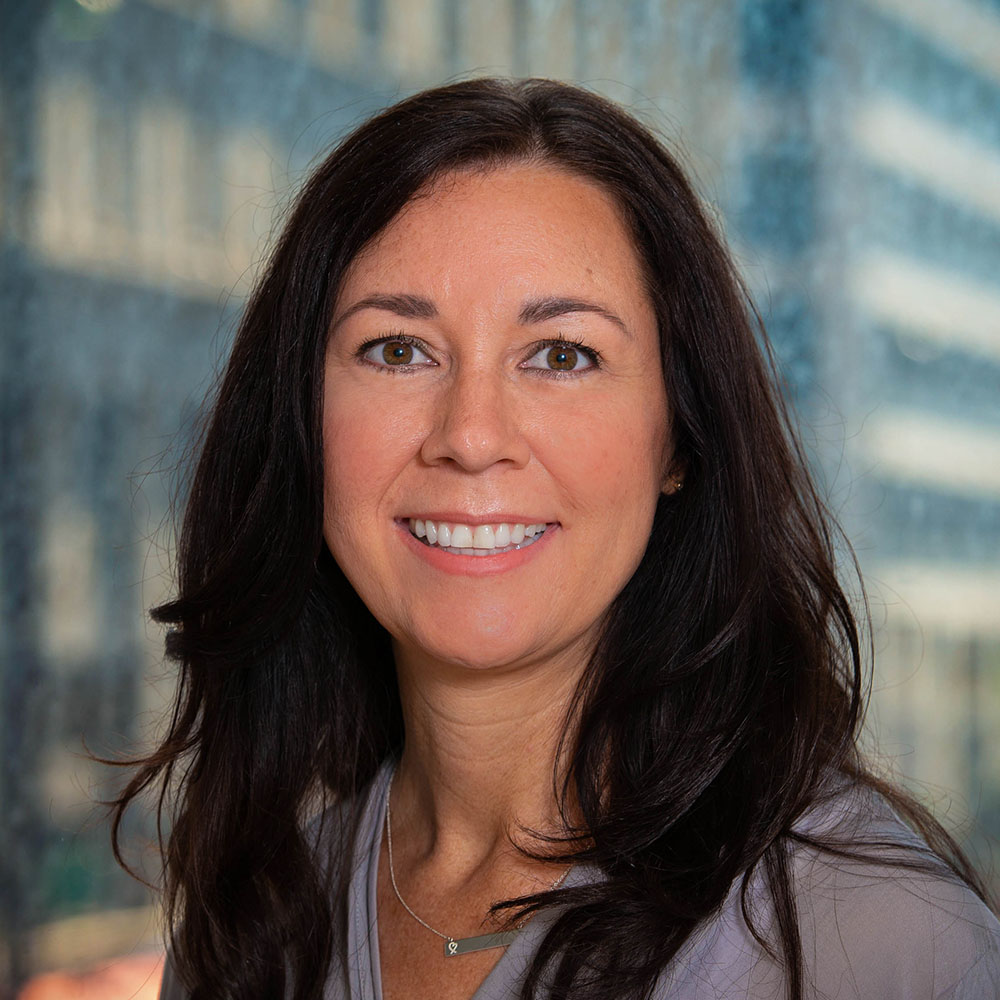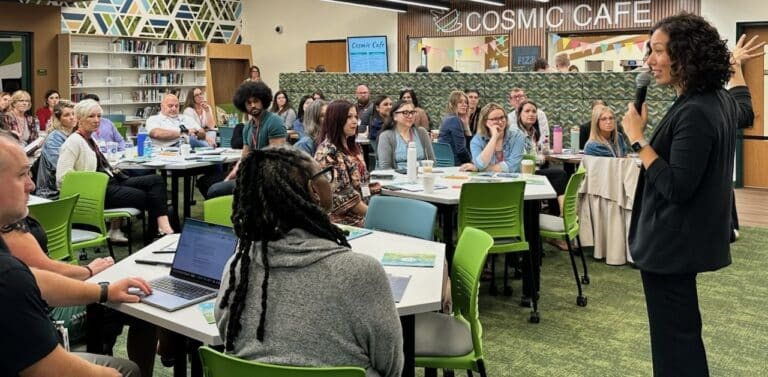When I was a high school counselor in Lindsay Unified School District in Lindsay, California, we had a group of parents that needed more than the usual walk-through of the college application process. Some parents had never attended college and spoke a language different from what the college application was written in. We realized that our standard parent meeting wasn’t what these families needed to support their children, and that we had to do something about it.
We targeted an in-depth series of eight sessions for those parents who had not attended college themselves. Each session covered different topics, such as:
- how to request and read a transcript
- how to make an appointment with their child’s counselor
- what questions to ask of the college admissions process
We also conducted the meetings in Spanish. While we still offered the standard parent meeting, this cohort was created in response to a real need in our community for something different. Sometimes uncovering those needs requires that we look at our standard means of family and community engagement a little bit differently. It can be something as simple as meeting with different groups of families at different times or on different days to accommodate work schedules, or meeting in locations that are easier for parents who don’t have transportation.
Survey parents to get a sense of what their needs are and what opportunities they’d like to see – and be sure to communicate the results of that survey, too. Transparency is the most important piece of the family and community engagement puzzle. If your parents come out overwhelmingly in favor of something, communicate with them how that result is influencing your next steps, what you’re going to do and for how long.
Parents aren’t always aware of how district leaders come to certain decisions, and being transparent about that with them helps them feel like they have a voice and they’re a part of the process.
How one educator is using home visits to flip the script on family engagement






